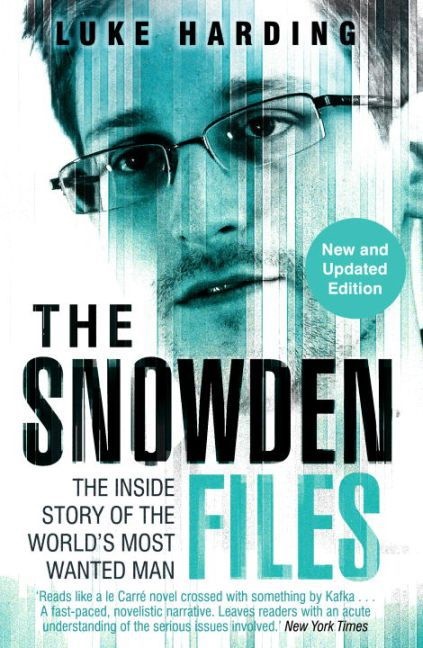Description
Product details
| Authors | Luke Harding |
| Publisher | Guardian Faber Publishing |
| Languages | English |
| Product format | Paperback |
| Released | 02.10.2014 |
| EAN | 9781783350377 |
| ISBN | 978-1-78335-037-7 |
| No. of pages | 378 |
| Dimensions | 128 mm x 198 mm x 24 mm |
| Subjects |
Non-fiction book
> Politics, society, business
Politikwissenschaft, Diplomatie, Vereinigte Staaten von Amerika, USA, Politische Kontrolle, Propaganda und Freiheitsrechte, Spionage und Geheimdienste, Politik / Politikwissenschaft, Politologie, International (Politik), USA / Politik, Zeitgeschichte, Recht, Englische Bücher / Politik- u. Sozialwissenschaft, Diplomatie - Diplomat, USA / Militär, Polizei |
Customer reviews
No reviews have been written for this item yet. Write the first review and be helpful to other users when they decide on a purchase.
Write a review
Thumbs up or thumbs down? Write your own review.

